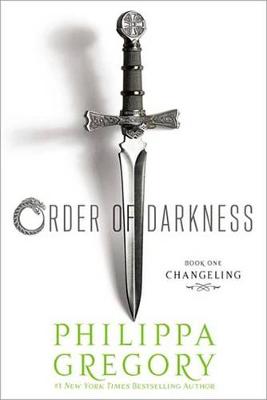Reviewed by e_rodz_leb on
I think the reason why I didn’t like Changeling as much as I thought I would is because of the lack in insight about the characters. The story is told in the third person, which I always like and it allows the reader to ‘be’ in many places at one. Luca is an inquisitive and handsome child, born to an older couple and the superstitious people of the village tag him as a ‘changeling’ (a fairy child). Luca’s parents send him to the monastery, the only option available for the poor to get an education. The story is mostly about Luca and his quest as an inquisitor of the church.
I have mixed feelings about Isolde. On one had she is raised by her father as an educated lady, with the expectation that she will inherit and oversee part of his lands. I know that Isolde’s lack of common sense can be blamed, in part, by her age and her suffering after her father’s death; but it was really obvious to me what was going on! How can a brother be such a bastard is beyond me. I have no idea how the attraction that Isolde and Luca feel for each other will pan out and if she will ever regain what she lost.
Ishraq, a girl of Muslim roots, is raised with Isolde and trained in medicine and fighting in order to better protect Isolde. Freize has something that a lot of people of this age lacked: plain common (and good) sense. I liked Ishraq and Freize a lot more than the main characters, which was somewhat unexpected.
The story is set in Italy, in the 1400’s in a time where women had no rights, the church has a lot of power, and most people were very superstitious. The plot is a bit complicated, consisting of a few storylines that merge and at the end there are still many unanswered questions. The story is not a romance, but rather an introduction to the Order of Darkness, the characters and the time period. The writing is straightforward and true to the historical era. Overall, I liked the story enough to read the next installment.
Reading updates
- Started reading
- 29 August, 2012: Finished reading
- 29 August, 2012: Reviewed
